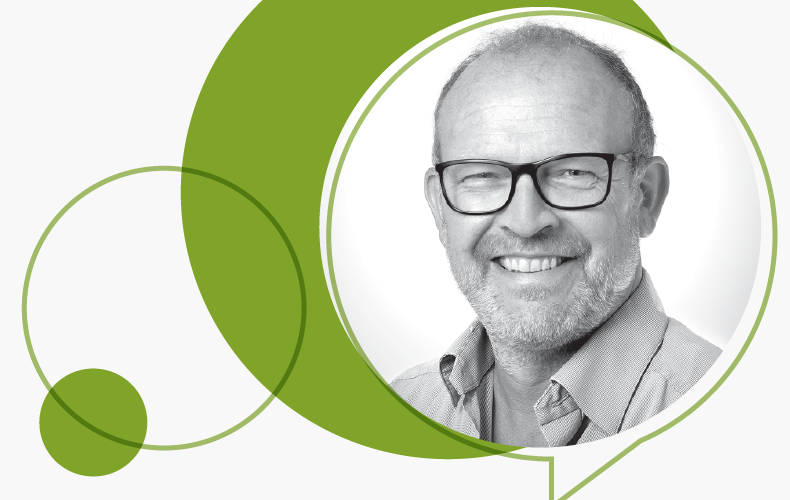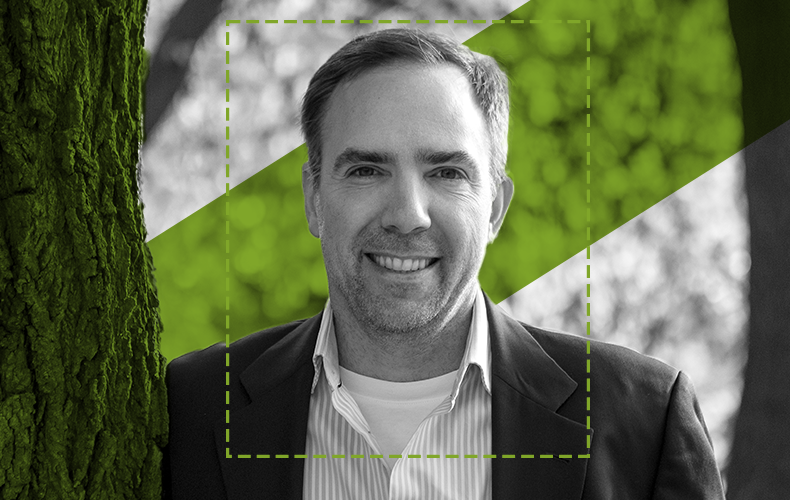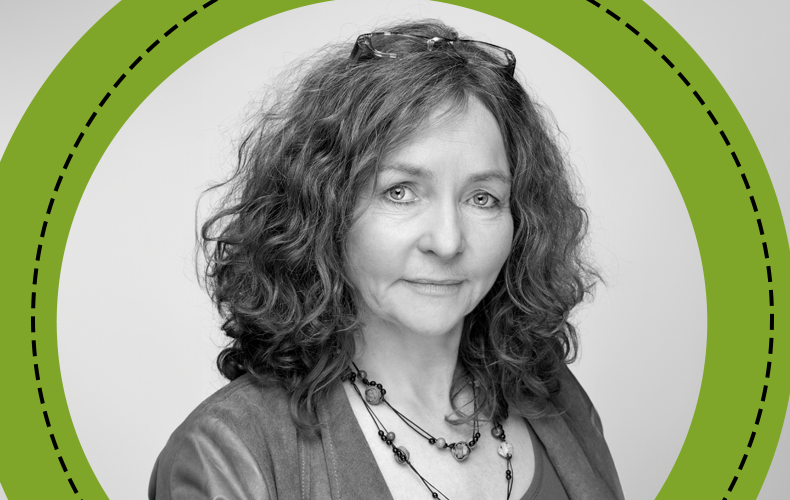11 April 2022
You have been an EMBO Young Investigator. How has this influenced your career?
I have been one scientist in the first cohort of EMBO Young Investigators and became an EMBO Member two years later. The experience was fantastic; it really opened the world for me. When I returned to Denmark and started my laboratory after postdoctoral research in the US, being introduced to great people from Europe was very nice. I met many people I still know and interact with, so it was a good start.
As a founding member of the EMBC, Denmark has been supporting life scientists throughout Europe since 1970. Could you talk about this long-term commitment?
It is widely recognized that Denmark is a co-founder. Today the EMBC membership is strongly supported in our ministry and research agency, and Denmark is seen as an active player that needs to move for the future. EMBO, and EMBL, have always been present, but in certain fields more strongly than in others. I am the founding director of the DANEMO initiative, which was launched last year. It promotes the Danish membership of EMBC and EMBL and tries to ensure that all life science communities make best use of the opportunities.
What are the current trends in the life sciences landscape of Denmark?
Over the last 15 years, there has been a large growth and internationalization of the communities, and a self-recognition of their strength – coming from a ‘small country attitude’ with proud traditions in certain areas and now being a big player in general. That is very important mentally for confidence and ambition level. Integration of data is also high on the agenda. We have a lot of activities in genomics, bioinformatics and parts of structural biology and cell biology, and these fields really want to integrate now.
Are there any challenges?
The challenge, like for everyone, is the competition for great ideas and great questions to pursue, so recruitment is key. Language is a barrier for any small country with a unique language. It is not a large issue, because everyone speaks English, but undergraduate teaching is typically in Danish, which can scare some, and attracting talent is perhaps easier for institutions in the US or UK. We also have some unique structures at our universities with very little, if any, base funding. There is a lot of research funding available here, but scientists do not get it with their position and must apply for external grants. This also means that our universities cannot offer much besides a position.
What opportunities are available for life scientists in Denmark?
Denmark is a big life science research nation. There are many programmes to support scientists establishing groups, and the country is very attractive to set up a research programme or academic career. It also has a lot of life science industry, so it is attractive for startups. People see starting a company or industry research as another career path. We have a lot of career opportunities on offer down the road.
We do a lot in genomics and registry-based research, which now clearly invites integration with various ‘omics’. We have a strong tradition in biotechnology, a field in which many of the biggest companies in the world are Danish, and biochemistry. We have a big pharma industry. Structural biology is strong in Aarhus and also in Copenhagen. I cannot point to a field that is not well-represented, because the community is big – in part, because many large companies are owned by foundations that support society through funding schemes for the life sciences and other areas of research.
What role does EMBO have in supporting researchers in the country?
Its role is increasing. Previously, it was a bit difficult to attract people to Denmark for EMBO Postdoctoral Fellowships. Now the fellows get salaries, and not stipends, and that has made the programme more attractive. We do use the scientific exchange grants a lot. They expose Danish students to opportunities in other countries and bring technology back to our laboratories. Through DANEMO we also hope to strengthen the visibility of the young investigator programme and that some of the group leaders we attract can join this fantastic network. The EMBO Workshops are important, too. Having the EMBO stamp is helpful for organizers.
What advice would you give to an early-career scientist starting in Denmark?
Have an open mindset about how you continue your career. The academic path is only one way of having great fun in research. There is also fantastic research in startups and industry, with opportunities for group leaders, postdoctoral researchers and students. Research, in particular in the life sciences, is not only about publishing in high impact journals, but also about making an impact on society by new solutions and applications in green technologies and medicine.



